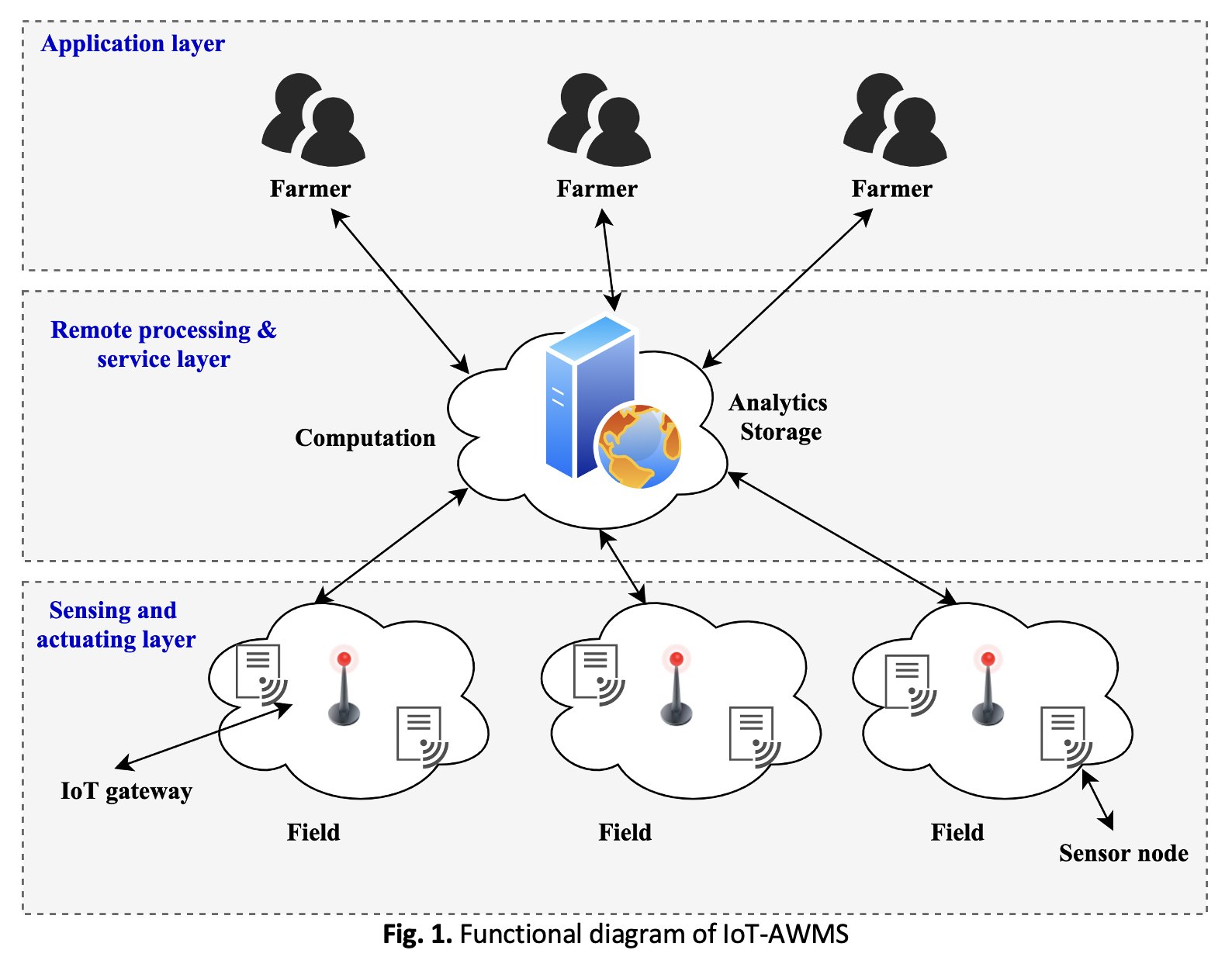Revolutionizing Saudi Arabia's Agriculture: The IoT Transformation of Water Management
DOI:
https://doi.org/10.37934/araset.36.1.217240Keywords:
Internet of Things, Saudi Arabia , TOPSIS, Water managementAbstract
Saudi Arabia's agriculture heavily depends on effective water management, given its limited freshwater resources and arid climate. Real-time monitoring of soil moisture levels, weather conditions, and crop watering needs, facilitated by IoT integration, plays a crucial role in conserving water and minimizing waste. The resultant improvements in crop yields and quality are essential for the long-term success of agriculture in the country. This study employs the Technique for Order of Preference by Similarity to the Ideal Solution (TOPSIS) method to investigate the transformative potential of the Internet of Things (IoT) in enhancing water management practices in Saudi Arabia's agriculture sector. The research begins by highlighting the significance of water management in agriculture, emphasizing the proportion of land in Saudi Arabia allocated to agricultural purposes. The problem statement underscores the pressing challenges in water management, encompassing issues such as water scarcity, inefficient irrigation methods, and the need for real-time data to inform decision-making. To address these challenges, the study proposes an IoT-based Agricultural Water Management System (IoT-AWMS) that leverages sensors, real-time data analytics, and machine learning algorithms. This system is designed to optimize water utilization in agriculture. Simulations conducted within the study demonstrate a significant enhancement in water usage efficiency, resulting in reduced water wastage and increased crop yields. In conclusion, this research underscores the critical importance of the proposed IoT-based water management system for Saudi Arabia. It is positioned as a valuable tool for mitigating water scarcity challenges and promoting environmentally sustainable agricultural practices in the country.




























